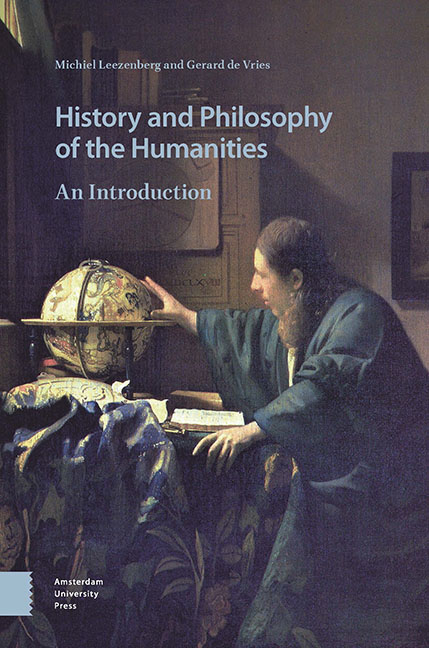4 - Historicizing the Philosophy of Science
Summary
From Empiricism to Pragmatism
Popper's views on the growth and demarcation of scientific knowledge are attractive if not inspiring. His idea of science as a practice in which people consciously expose their work to criticism and in which they strive for truth without ever pretending to actually possess it has become a cherished ideal if not the self-image for many scholars in the natural and social sciences as well as in the humanities. Even more than the classical view or the logical empiricist model, Popper's view has become a ‘standard view of science’.
Various objections can be raised against Popper's position, however, regarding both the philosophical and historical adequacy of his philosophy of science. The philosophical objections are based on what at first sight appears to be a rather esoteric doctrine that has come to be known as the *Duhem-Quine thesis. The most important criticism concerning the historical adequacy of Popper's views was formulated by the American historian and philosopher of science Thomas S. Kuhn (1922-1996). As Kuhn's insights can be seen to some extent as an elaboration of the Duhem-Quine thesis, both lines of criticism in fact point to the same shortcomings.
The Duhem-Quine thesis has proved to be of monumental importance in intellectual history. If correct, it not only upsets Popper's philosophy of science but also has much broader philosophical implications. It undermines not only the distinction between metaphysical and empirical scientific statements but also the distinctions between theory and observation and between logic and experience. The thesis ultimately comes out in favour of a more *pragmatist position, which only accepts such distinctions to the extent that they make a practical difference in our activities (scientific or otherwise). Clearly, a substantial number of fundamental presuppositions of mainstream Western philosophy are at stake here.
For everyday scientific practice, these principled objections do not immediately have major repercussions. Theories with a wide empirical reach, a high degree of precision, and a simple structure remain preferable over theories lacking such qualities, and scientists who do not take criticism of their work seriously still risk placing themselves outside the scientific community. What is questioned in this critique of Popper's philosophy of science is the interpretation of the results of scientific work.
- Type
- Chapter
- Information
- History and Philosophy of the HumanitiesAn Introduction, pp. 101 - 130Publisher: Amsterdam University PressPrint publication year: 2019



